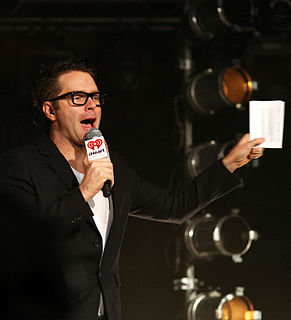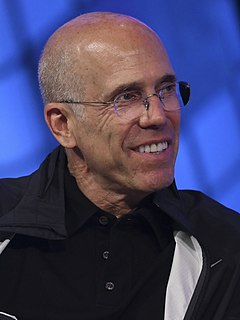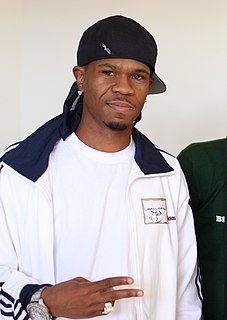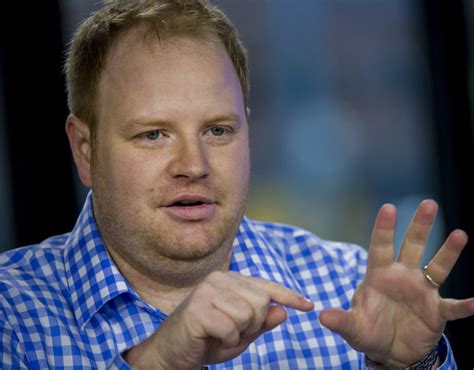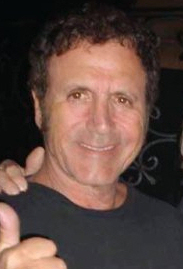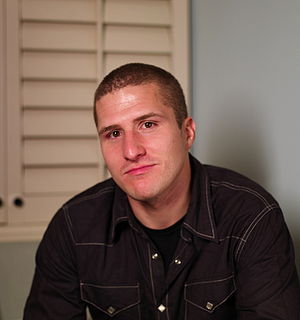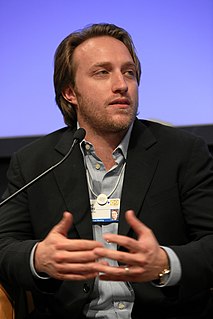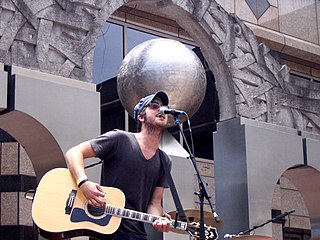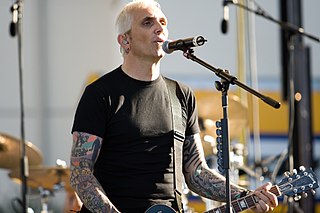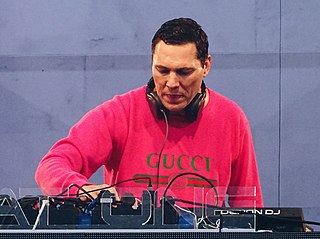Top 39 Napster Quotes & Sayings
Explore popular Napster quotes.
Last updated on April 14, 2025.
There are those who say the music industry must adapt to a wired world. They point to the decades-long rise in CD prices, even as manufacturing costs came down, and to data that shows Napster may actually increase sales of CDs by music-hungry customers as evidence that the music industry is simply afraid of a new technology.
I think music should be free. I think all communication should be free. I think people should respect artists, and there should be a certain respect for artists who give their music away for free. If your music winds up on Napster and you approve of it, then the person downloading your music should at least go to your concert, should at least purchase your songs.
It's was all the internet. I started writing songs in high school, right about the time of the onset of Napster. I went to college in Dallas, and when I'd get back from class I'd have fans emailing me from different areas of the country asking when the album was going to be out and when I was going on tour. It was crazy, because I didn't even consider myself a professional musician.


